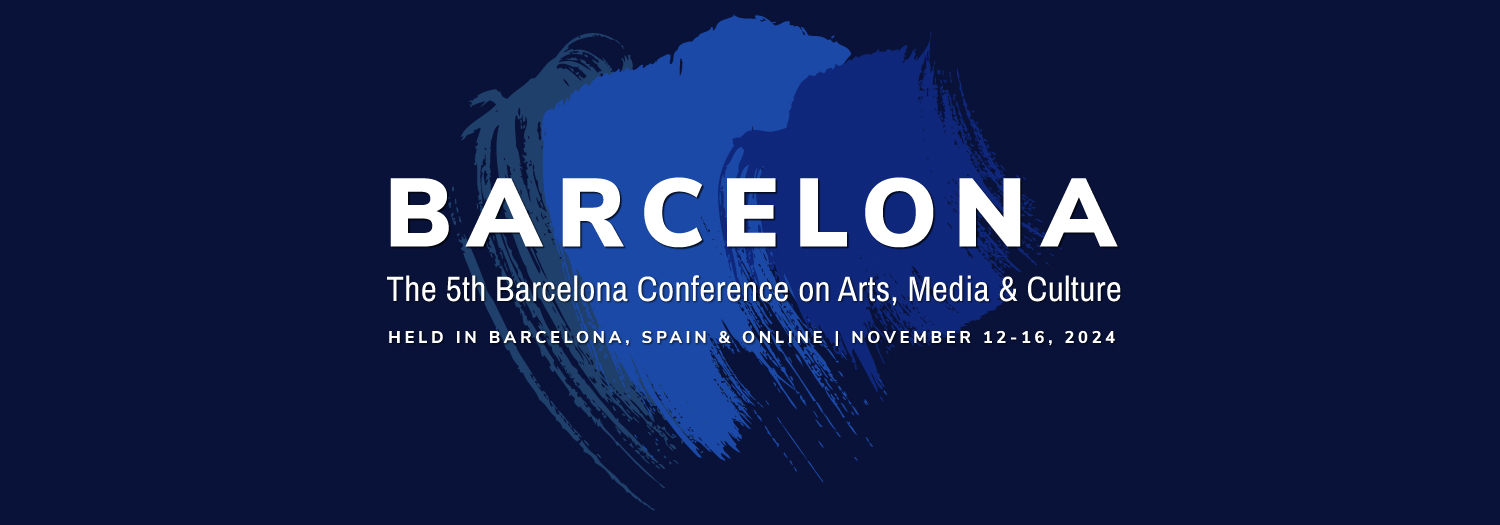The Human Element Factor as an Education Experience for Training, Learning, and Development (73190)
Session Chair: Jessica Torro
Thursday, 21 September 2023 16:25
Session: Session 4
Room: Sant Sebastia
Presentation Type:Oral Presentation
The Human Element is a holistic and comprehensive methodology for improving the way people work together, leading to better individual, team, and organizational performance and rate of goal achievement. By dealing with root causes rather than superficial behaviors, The Human Element helps individuals, teams, and organizations eliminate the behaviors that sabotage, undermine relationships, and lower motivation. For an organization to survive, they must face many challenges today from the growing pressures of the economy, society, and environment. It is no longer possible to manage organizations without considering global, environmental, and social sustainability impacts. To balance business growth, several things are needed: a sustainable environment; adaptable people, individuals, organizations, and society. The Student Development Office of Jose Rizal University is the training office of student leaders and members of the recognized student organizations. Soft skills are being conducted monthly, and this maximizes the potential of individuals, teams, and organizations, solves human-related issues to maximize workplace productivity, and works to increase aliveness and trust in the organization. The study identifies three basic needs that students’ organization members share: the need to feel significant, competent, and likable. When people interact with each other, they seek the right amount of inclusion, control, and openness so that they can feel good about themselves. The study resulted to the application of FIRO (Fundamental Interpersonal Relations Orientation) theory, which creates an understanding of those needs that interact with one another. FIRO also clearly shows that self-concept drives feelings, that feelings drive behavior, and that behavior drives results in learner diversity.
Authors:
Jonathan Chiong, Jose Rizal University, Philippines
About the Presenter(s)
Dr Jonathan Chiong is a University Postdoctoral Fellow or Instructor at Jose Rizal University in Philippines
See this presentation on the full schedule – Thursday Schedule





Comments
Powered by WP LinkPress